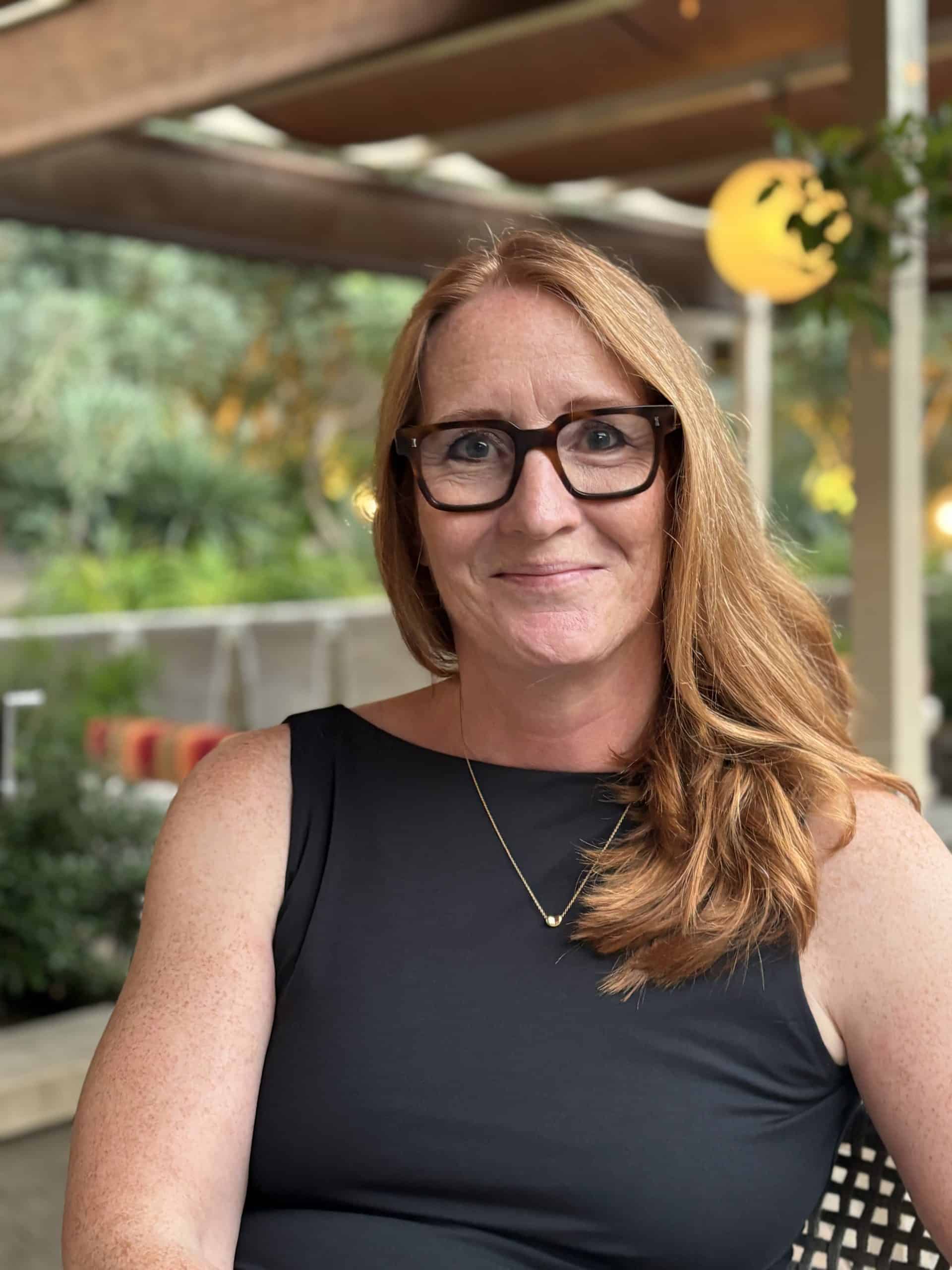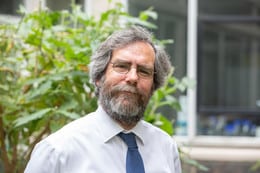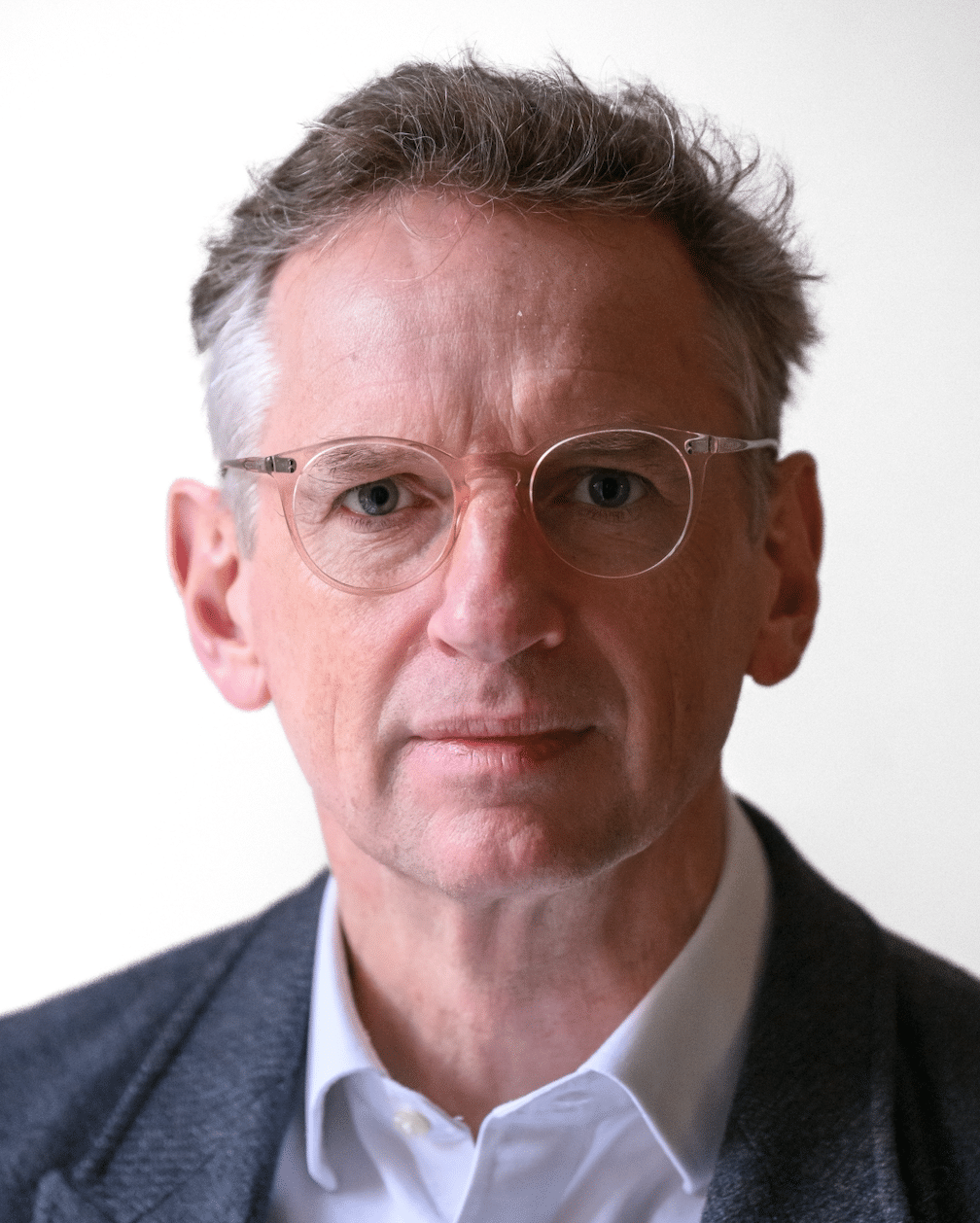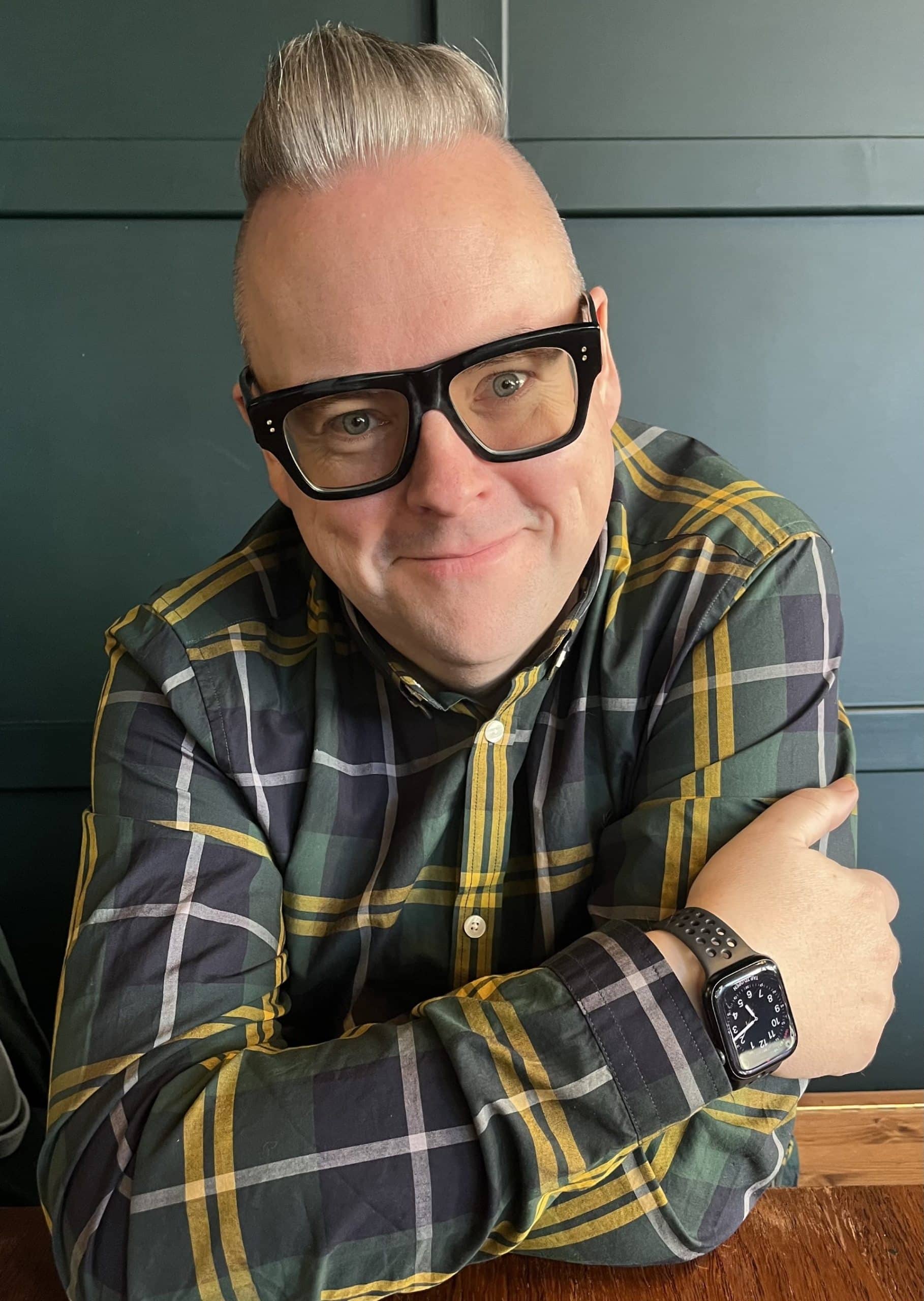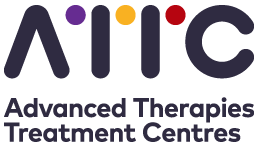
London Advanced Therapies
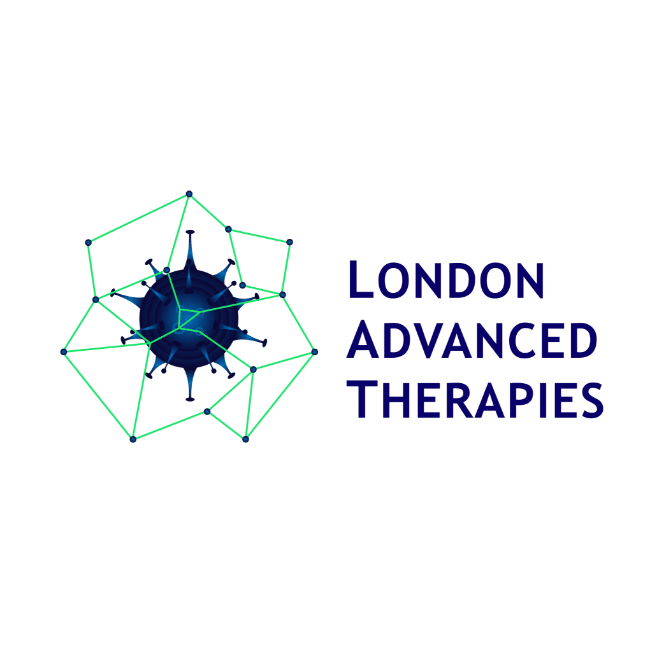
LAT-ATTC (London Advanced Therapies Advanced Therapy Treatment Centre) is a London-born consortium focused on development of the systems and infrastructure required to support the delivery, and improving access to ATMPs for patients. The centre includes a wide range of specialists in advanced therapies.
Through funding from the National Institute for Health and Care Research (NIHR), and in close collaboration with NIHR infrastructure and its counterparts in the devolved administrations, the ATTC network aims to build upon its existing work, expand its reach, and integrate its initiatives into standard practice. The primary focus will be on enhancing the readiness of advanced therapy clinical trials, with the goal of expanding capacity and capability across a broader network to bring more innovative therapies to patients and strengthen the UK’s appeal to industry.
The London Advanced Therapies ATTC is made up of its four partner organisations: Imperial College London, King’s College London, Queen Mary University of London and University College London (UCL), and their NHS Trusts. It will build on the reputation of these world-leading institutions, and of London as a whole, as a global hub for advanced therapies research and commercial clinical trials.
The focus of the centre will be working with the healthcare providers connected to its partner organisations to improve the infrastructure for advanced therapy clinical trials. This aims to increase the number and speed of trials as well as help more patients take part in these trials and access potentially life-changing cell and gene therapies.
Location
Leadership team
- Professor of Clinical Cell and Gene Therapy, UCL Insitute of Immunity & Transplantation.
- Director, Division of Infection and Immunity, UCL.
- Consultant Haematologist (Haematopoietic Stem Cell Transplantation).
- Lead, Adult Immunodeficiency HSCT and Gene Therapy Service.
I am a clinician scientist, clinically trained in haematology, allogeneic haematopoietic stem cell transplantation (HSCT) and cellular therapies. My current clinical practice is in HSCT, cellular and gene therapies for haematological malignancies and inherited immune deficiencies. I have developed and lead the national allogeneic HSCT centre for adults with primary immune deficiencies (PID) at the UCL Centre for Immunodeficiency and co-ordinate an international MDT to discuss the role of HSCT and gene therapy in adult PID patients.
My basic science research group focuses on T cell immunology, inherited immunodeficiencies, gene therapy and gene editing. This research spans the entire translational pathway from animal models to in vitro experimental immunology to Phase I ‘first time in man’ clinical studies.
I was appointed Director of the UCL Division of Infection and Immunity in October 2019. I am also Director of the NIHR UCLH/UCL Biomedical Research Centre Infection, Immunopathology and Immunotherapeutics (III) Theme.
I am a member of the Wellcome Trust Career Development Awards Panel. I am patron of the charity Haematology Cancer Care (HCC) which raises money for UCLH.
I am a scientific founder of a UCL Spin-out, Quell Therapeutics Ltd, which is developing gene-engineered regulatory T cells for transplant tolerance and autoimmunity.
I am an active member of the EBMT Inborn Errors Working Party (IEWP) and a member of the Education Working Party Steering Committee of the European Society of Immunodeficiencies (ESID).
- Professor of Clinical Cell and Gene Therapy, UCL Insitute of Immunity & Transplantation.
- Director, Division of Infection and Immunity, UCL.
- Consultant Haematologist (Haematopoietic Stem Cell Transplantation).
- Lead, Adult Immunodeficiency HSCT and Gene Therapy Service.
I am a clinician scientist, clinically trained in haematology, allogeneic haematopoietic stem cell transplantation (HSCT) and cellular therapies. My current clinical practice is in HSCT, cellular and gene therapies for haematological malignancies and inherited immune deficiencies. I have developed and lead the national allogeneic HSCT centre for adults with primary immune deficiencies (PID) at the UCL Centre for Immunodeficiency and co-ordinate an international MDT to discuss the role of HSCT and gene therapy in adult PID patients.
My basic science research group focuses on T cell immunology, inherited immunodeficiencies, gene therapy and gene editing. This research spans the entire translational pathway from animal models to in vitro experimental immunology to Phase I ‘first time in man’ clinical studies.
I was appointed Director of the UCL Division of Infection and Immunity in October 2019. I am also Director of the NIHR UCLH/UCL Biomedical Research Centre Infection, Immunopathology and Immunotherapeutics (III) Theme.
I am a member of the Wellcome Trust Career Development Awards Panel. I am patron of the charity Haematology Cancer Care (HCC) which raises money for UCLH.
I am a scientific founder of a UCL Spin-out, Quell Therapeutics Ltd, which is developing gene-engineered regulatory T cells for transplant tolerance and autoimmunity.
I am an active member of the EBMT Inborn Errors Working Party (IEWP) and a member of the Education Working Party Steering Committee of the European Society of Immunodeficiencies (ESID).
Eric is Professor of Gene Therapy and Respiratory Medicine at Imperial College, London, an Honorary Consultant Physician at the Royal Brompton Hospital and an NIHR Senior Investigator. Over the last 20 years he has coordinated the UK Respiratory Gene Therapy Consortium (GTC), which brings together all the key centres in the UK (Edinburgh and Oxford Universities and Imperial College, London) in a programme to deliver gene therapy for people with cystic fibrosis (CF) and other conditions. The GTC has licensed its novel lentiviral vector platform to Boehringer Ingelheim for use in cystic fibrosis, with a first-in-human trial starting this year. They have also founded a university spin-out (AlveoGene) to push forward translation of non-CF disease indications. He is the Director of the Imperial College Advanced Therapies Centre of Excellence and the Chair of the UK Advanced Therapies Medicinal Products Coordinating Group which has pulled together all of the key stakeholders in the field to catalyse coordination and avoid duplication.
Eric is Professor of Gene Therapy and Respiratory Medicine at Imperial College, London, an Honorary Consultant Physician at the Royal Brompton Hospital and an NIHR Senior Investigator. Over the last 20 years he has coordinated the UK Respiratory Gene Therapy Consortium (GTC), which brings together all the key centres in the UK (Edinburgh and Oxford Universities and Imperial College, London) in a programme to deliver gene therapy for people with cystic fibrosis (CF) and other conditions. The GTC has licensed its novel lentiviral vector platform to Boehringer Ingelheim for use in cystic fibrosis, with a first-in-human trial starting this year. They have also founded a university spin-out (AlveoGene) to push forward translation of non-CF disease indications. He is the Director of the Imperial College Advanced Therapies Centre of Excellence and the Chair of the UK Advanced Therapies Medicinal Products Coordinating Group which has pulled together all of the key stakeholders in the field to catalyse coordination and avoid duplication.
James is Professor of Experimental Cancer Medicine in the School of Cancer & Pharmaceutical Studies at King’s College London, and Consultant in Medical Oncology at Guy’s & St. Thomas’ Hospitals. Prof Spicer’s interests include drug development, immunotherapy and thoracic oncology. He established and runs the Phase I clinical trials programme in solid tumour oncology at Guy’s Hospital, where the portfolio of studies includes novel immunotherapies discovered and developed at King’s. He leads the King’s Experimental Cancer Medicine Centre, and is Director of the NIHR Guy’s & St Thomas’ Clinical Research Facility. Professor Spicer has served on funding panels for MRC, Cancer Research UK, Sarcoma UK, EraseMeso and NIHR, and is an NIHR Senior Investigator.
James is Professor of Experimental Cancer Medicine in the School of Cancer & Pharmaceutical Studies at King’s College London, and Consultant in Medical Oncology at Guy’s & St. Thomas’ Hospitals. Prof Spicer’s interests include drug development, immunotherapy and thoracic oncology. He established and runs the Phase I clinical trials programme in solid tumour oncology at Guy’s Hospital, where the portfolio of studies includes novel immunotherapies discovered and developed at King’s. He leads the King’s Experimental Cancer Medicine Centre, and is Director of the NIHR Guy’s & St Thomas’ Clinical Research Facility. Professor Spicer has served on funding panels for MRC, Cancer Research UK, Sarcoma UK, EraseMeso and NIHR, and is an NIHR Senior Investigator.
Kieran McCafferty is a Nephrologist at Barts Health NHS Trust and Honorary Reader at Queen Mary University London. He is the clinical director for the Barts Health NIHR CRF and the Health and care Research director for North London RRDN
Kieran McCafferty is a Nephrologist at Barts Health NHS Trust and Honorary Reader at Queen Mary University London. He is the clinical director for the Barts Health NIHR CRF and the Health and care Research director for North London RRDN
Professor of Molecular Medicine, National Heart and Lung Institute Imperial College London
Uta is a Professor of Molecular Medicine and has over 25 years experience in developing advanced therapeutic medicines. Her research interests are related to the development of gene and cell therapy-based treatments for cystic fibrosis (CF) and other lung diseases. She has overseen vector and biomarker development, toxicology studies, as well as vector manufacturing and has been a Co-I on several clinical trials. Uta is a member of the UK Respiratory Gene Therapy Consortium (GTC) strategy group, Co-director of the Imperial Centre for Excellence in Advanced Therapies, a Co-founder of AlveoGene (Imperial College Spinout) and a Non-executive director of the Cell and Gene Therapy Catapult. In addition to her research activities, she has an active role in education and workforce development related to advanced therapeutics in the UK.
Professor of Molecular Medicine, National Heart and Lung Institute Imperial College London
Uta is a Professor of Molecular Medicine and has over 25 years experience in developing advanced therapeutic medicines. Her research interests are related to the development of gene and cell therapy-based treatments for cystic fibrosis (CF) and other lung diseases. She has overseen vector and biomarker development, toxicology studies, as well as vector manufacturing and has been a Co-I on several clinical trials. Uta is a member of the UK Respiratory Gene Therapy Consortium (GTC) strategy group, Co-director of the Imperial Centre for Excellence in Advanced Therapies, a Co-founder of AlveoGene (Imperial College Spinout) and a Non-executive director of the Cell and Gene Therapy Catapult. In addition to her research activities, she has an active role in education and workforce development related to advanced therapeutics in the UK.
